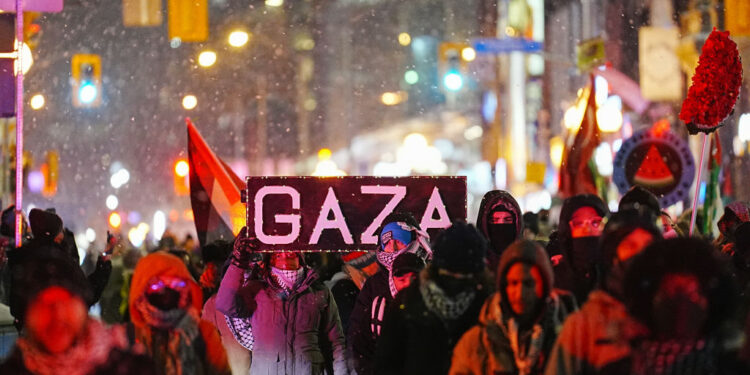Lagatar24 Desk
The Gaza ceasefire deal, agreed upon by Israel and Hamas after nearly 16 months of war, has sparked controversy among the families of Israeli hostages. While the agreement aims to facilitate the release of 33 hostages in exchange for 1,000 Palestinian prisoners during its first phase, some families vehemently oppose it, citing long-term security risks and incomplete resolutions.
Why Families Are Opposing the Deal
The Tikva (Hope) Forum, a group representing families of hostages, including settlers from the West Bank, has expressed strong opposition to the ceasefire terms.
•Risk to Remaining Hostages: Tzvika Mor, co-founder of the Tikva Forum, whose son is held captive, criticized the deal as “dangerous,” arguing that military action in Gaza is the only viable solution to free all hostages. “This partial release risks leaving young soldiers and others in captivity indefinitely,” he said.
•Concerns Over Released Prisoners: Boaz Miran, whose brother Omri was kidnapped by Hamas, fears that releasing Palestinian prisoners could lead to future attacks. He highlighted examples like Yahya Sinwar, the mastermind behind the October 7, 2023, attacks, who was freed in a 2011 prisoner swap.
•Incomplete Resolution: Critics argue that the deal, which initially releases only a fraction of hostages, neglects the fate of others, leaving their families uncertain about future rescue efforts.
Support for the Deal
Despite opposition from some families, many others, represented by the Hostage Families Forum, support the agreement. The group has led protests advocating for a ceasefire and a hostage deal, emphasizing the urgency of bringing loved ones home.
Details of the Ceasefire Agreement
The ceasefire is set to be implemented in three phases:
1.Phase 1 (42 Days): Hamas will release 33 hostages in exchange for 1,000 Palestinian prisoners. Israel will withdraw forces from populated areas and allow humanitarian aid to enter Gaza.
2.Phase 2: Focuses on ending hostilities, releasing remaining hostages and prisoners, and completing an Israeli military withdrawal.
3.Phase 3: Centers on Gaza’s reconstruction and the return of remains of deceased hostages.
The Broader Impact
The war in Gaza has left a trail of devastation, with over 46,000 Palestinians killed and almost the entire population displaced. A Lancetstudy suggests the toll could be at least 25,000 higher. Health facilities, schools, and infrastructure have been destroyed, exacerbating the region’s humanitarian crisis.
As Israel and Hamas navigate the ceasefire’s complexities, the divide among hostage families underscores the emotional and strategic challenges of balancing immediate humanitarian needs with long-term security concerns.







